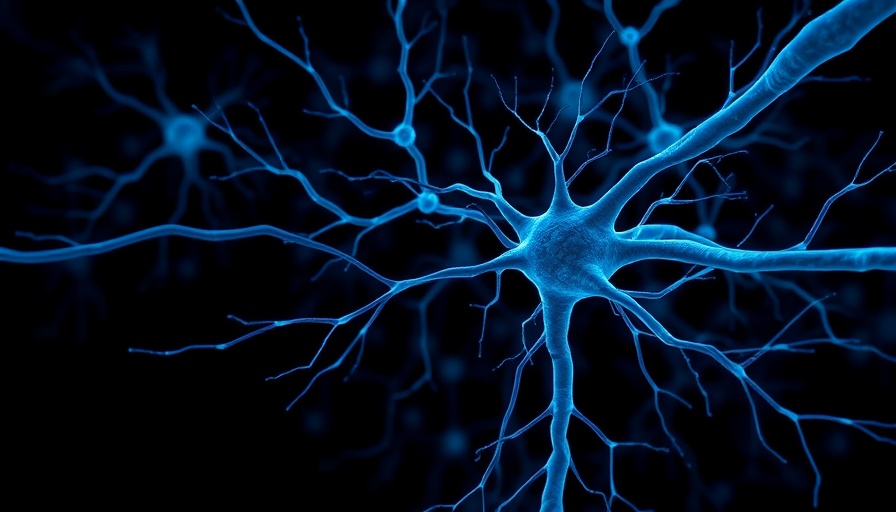
New Discoveries in Dementia Research
Researchers have identified a critical link between a protein called complement C3 and dementia, marking an important step forward in our understanding of the aging brain. Complement C3 is part of our immune system and helps protect the brain by clearing away unwanted cellular debris. However, new findings suggest that too much of this protein can lead to cognitive decline.
Understanding Complement C3
As we age, levels of complement C3 naturally increase in our bodies, and this accumulation can cause problems. According to recent animal studies, excess C3 in the brain is correlated with severe cognitive deficits. In a fascinating study with genetically modified mice, researchers found that those with overexpressed complement C3 performed worse in behavioral tests compared to their normal counterparts, demonstrating impairments in learning and memory.
What Does This Mean for Humans?
These findings are significant, particularly since complement C3 levels have also been found to increase in humans suffering from diseases like frontotemporal dementia. With more awareness regarding how C3 impacts brain health, future studies could lead to effective treatments that help manage and possibly prevent dementia.
A Deeper Look at the Findings
The research showed that mice with high levels of complement C3 displayed changes in their brain structure, particularly in the hippocampus—a region crucial for memory and learning. Additionally, they exhibited a reduced ability for their brains to communicate effectively, linked to impaired insulin signaling, which is crucial for brain health.
Future Directions in Research
Understanding the dual role of complement C3—both beneficial in clearing cellular debris and harmful in excessive amounts—opens the door for innovative treatment approaches. Future research will likely focus on how to balance complement C3 levels, potentially leading to novel therapies in the realm of dementia prevention and overall cognitive health.
Engaging the Community on Longevity
For health-conscious individuals and wellness enthusiasts, the implications of this research extend beyond dementia. It highlights the importance of monitoring immune system components and how they can influence our health as we age. Staying informed about the latest discoveries in longevity science can empower individuals to take proactive steps toward maintaining their health and vitality.
If you’re interested in learning more about longevity research and anti-aging breakthroughs, keep up with credible sources that discuss advancements in healthspan and cellular rejuvenation.
 Add Row
Add Row  Add
Add 




Write A Comment